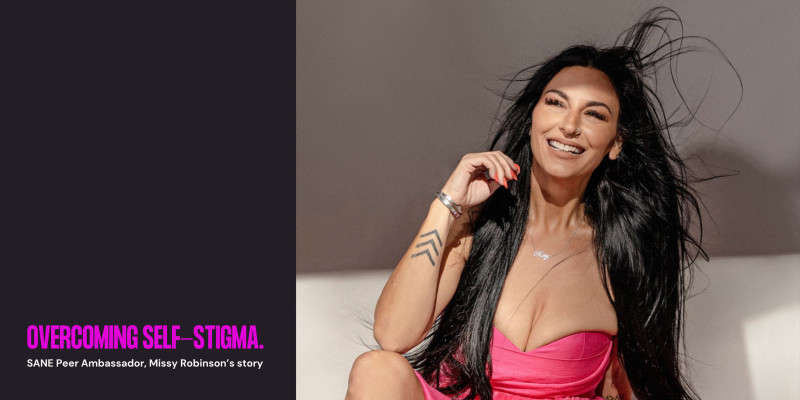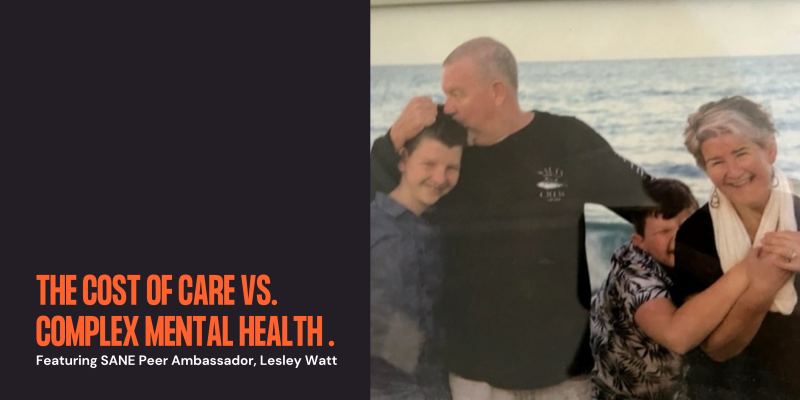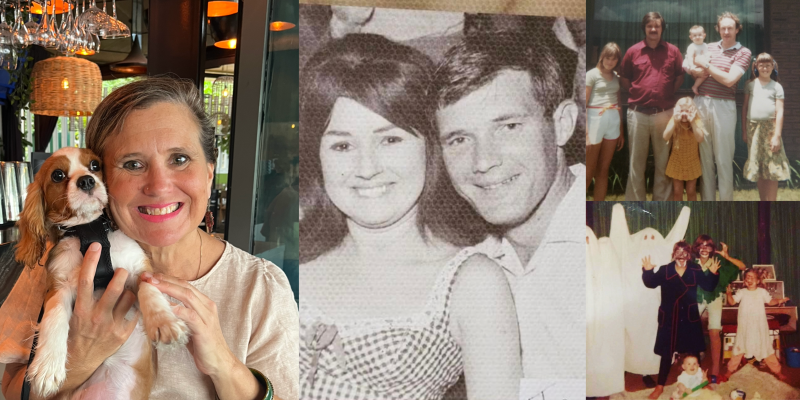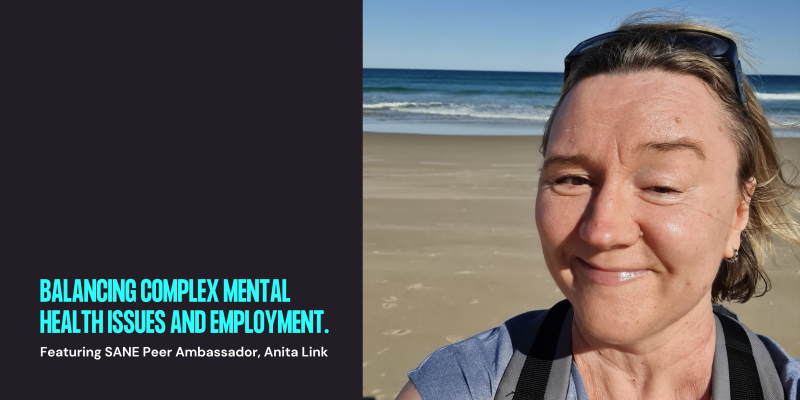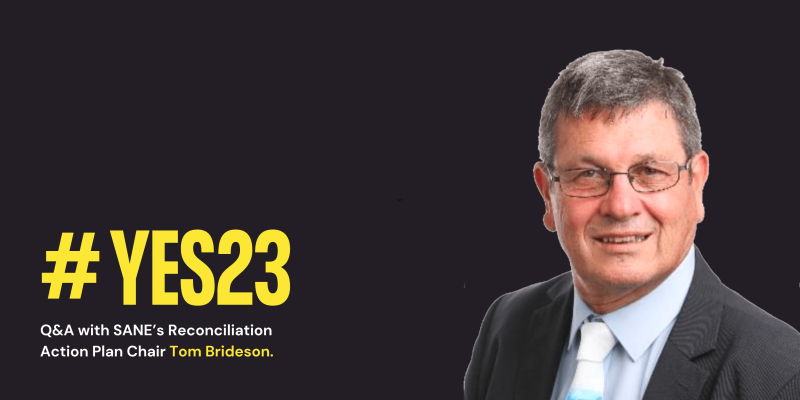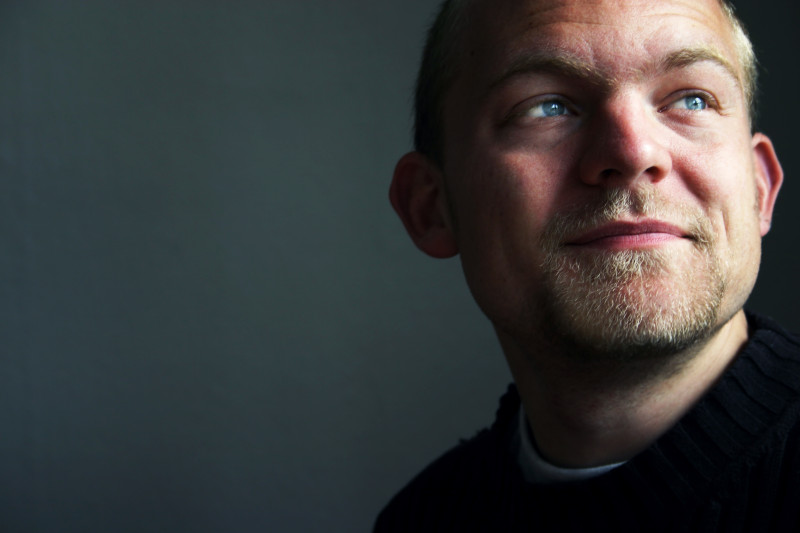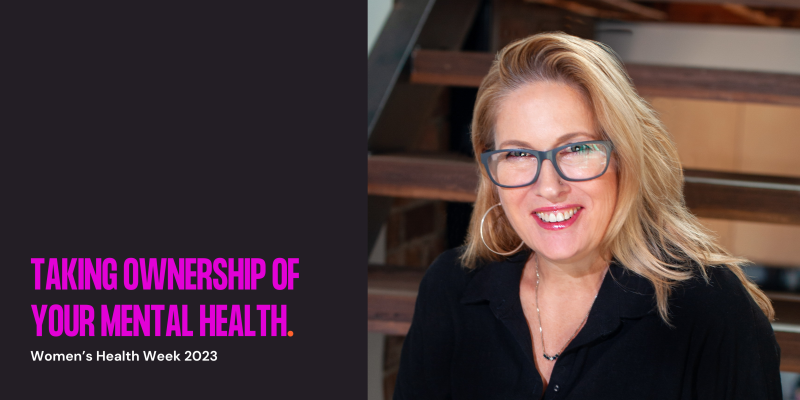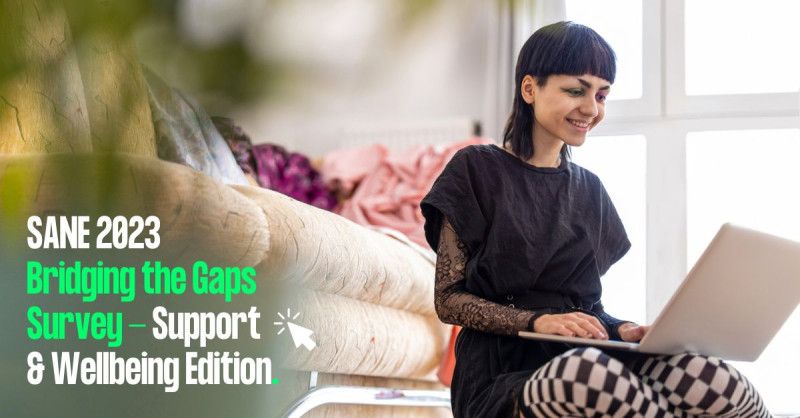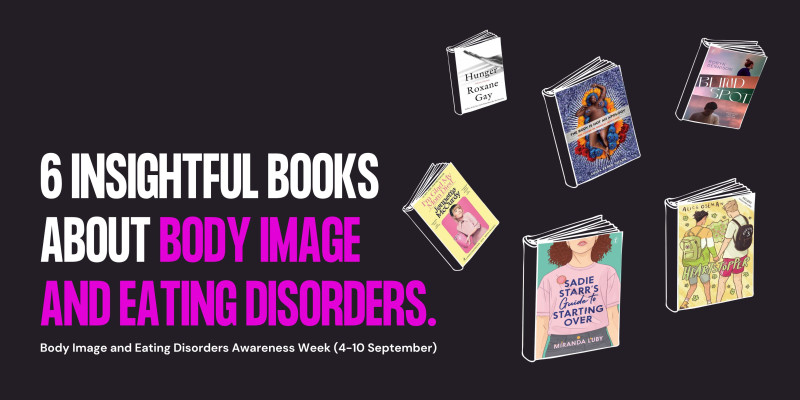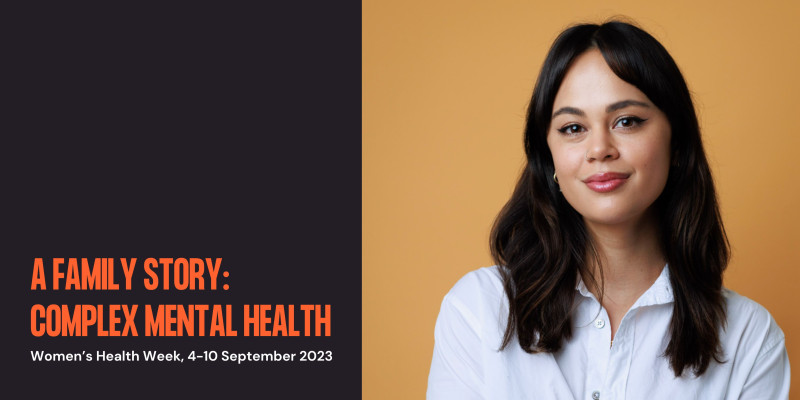My journey has seen me go from serving in the Australian Army to being self-employed. My life took an unexpected turn when I was diagnosed with mental illness in 2008, following a sexual assault. I have lived with the impacts of bipolar affective disorder, complex PTSD, and psychosis for over 20 years.
The SANE Blog
Lesley is a SANE Peer Ambassador with a lived experience of complex mental health. SANE spoke to NSW resident Lesly about her experience in managing her health in the lead up to Mental Health Awareness Month 2023.
Therese is a passionate social work student and hiker who has worked in early education for over 20 years. She grew up with a father who had schizophrenia. Last week Therese spoke with SANE about her experience of living with someone with a complex mental illness, how things have evolved over time, and how talking about everything has helped.
Anita is a vet and a published author who loves reading, writing, baking and throwing a good party. She’s also a SANE Peer Ambassador with lived experience of postnatal psychosis and bipolar 1 disorder.
At SANE we are proud to support diversity and inclusion as part of our community’s own journey with lived experience and in line with Australia’s current steps toward reconciliation with First Nations people.
We know from our community, and research, that Borderline Personality Disorder (BPD) is one of the most misunderstood and stigmatised mental health conditions out there.
Fi is a SANE Peer Ambassador. Her lived experience of anxiety, depression, and PTSD extends past her own personal conditions. As a carer for her child, who throughout her teens had mental health challenges, Fi knows all too well the best way to improve anyone’s mental health and overall wellbeing is to take ownership of it.
Books are a special kind of magic.
Reading can help us to step into the minds of other people, both fictional and non-fictional. When it comes to mental health, reading about other people’s experiences can allow us to understand ourselves more, and to feel less alone.
Presenter, Mamamia online editor and journalist, Elfy Scott is the author of The One Thing We’ve Never Spoken About, a book about her lived experience of her mother’s complex mental health condition. We spoke to Elfy, who lives in Sydney with her partner, for Women’s Mental Health Week.
